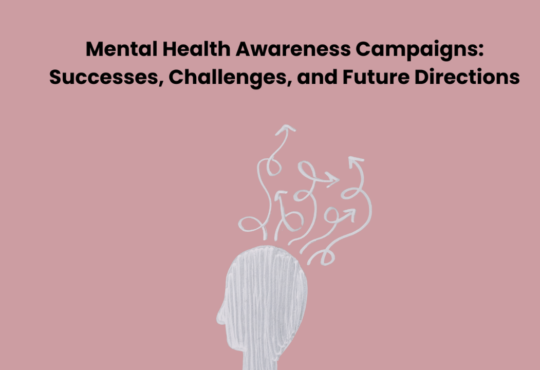Playdates are a vibrant tapestry of childhood, essential for social development and brimming with opportunities for fun and learning. However, as laughter and games unfold, the likelihood of minor scrapes or more severe injuries can loom in the background. That is why ensuring the safety of your little ones becomes a silent yet paramount responsibility for every parent.
In this article, we have outlined some proactive steps that parents and caregivers can take to protect children from injuries during playdates. These strategies address common mishaps and foster a safe, nurturing environment where kids can thrive and explore without unnecessary risks.
So, let’s get started!
Understanding the Risks and Preparing Accordingly
It is a crucial step a parent can take to prevent injuries during playdates. For this, awareness of common playtime injuries, from minor bruises to more serious conditions like mallet finger — an injury to the fingertip caused by forceful impact. This knowledge serves as the foundation for creating a safer play environment.
So, take a thorough look at your play area, whether it’s indoors or outdoors. Ensure the space is free from hazards such as sharp objects, unstable furniture, or slippery surfaces. Check for uneven ground or hidden dangers like exposed roots or rocks for outdoor play.
Supervision is Key
Supervision is a cornerstone of ensuring child safety during playdates. It goes beyond simply watching over children; it requires active engagement and awareness.
Effective supervision means guiding children in understanding boundaries and safe play practices. It also involves being quick to respond in case of an incident, ensuring that minor issues don’t escalate into serious injuries. Supervision blends caution with care, ensuring that playtime remains a source of joy and not distress.
Educate on Safe Play Practices
Teaching kids about playing safely is super important. It’s all about showing them how to have fun without getting hurt. You can make this learning fun, too! Try using simple games or stories to help them understand.
Also, talk to them about why pushing or playing too rough is not a good idea. Explain how they can hurt themselves or their friends by accident. It’s like learning the rules of a new game – once they know what’s safe and what’s not, they can have even more fun.
Plan Structured Activities
While free play is beneficial, having some structured activities can further reduce the risk of injuries. Planned activities provide a balance, keeping children engaged in a controlled manner. This could include organized games, craft sessions, or story time, which offer fun and learning in a more predictable environment.
These activities keep the children entertained and help them channel their energy productively, reducing the chance of chaotic play that could lead to accidents. Moreover, it gives you the opportunity to integrate safety lessons into the activities, reinforcing the concept of safe play in an enjoyable context.
First Aid Readiness
Despite all precautions, accidents can happen. Having a well-stocked first aid kit is a must when it comes to children’s playdates. It’s all about being prepared for those little accidents that can happen. But it’s not just about having band-aids and antiseptic wipes; it’s also about knowing what to do with them. Being familiar with basic first aid can make a big difference. For instance, if a child falls and gets a scrape, you should know how to clean and bandage it properly. It’s also good to learn the basics for more severe situations, like what to do if a child is choking or has an allergic reaction.
Remember, first aid readiness isn’t about expecting the worst; it’s about being ready to calmly handle those little bumps and bruises that are a normal part of childhood. Being prepared lets you quickly take care of minor injuries and return to the fun.
Communication with Other Parents
When hosting a playdate, communication with other parents is key to ensuring a smooth and safe experience for all children involved. Start by discussing your safety measures, such as your supervision strategy and any childproofing you’ve done in the play area. It’s essential that they know you’re taking steps to prevent accidents and injuries.
Also, ask about any special requirements their kids might have. This could include allergies, medical conditions, or even preferences in food and activities. Understanding these needs beforehand helps you plan a playdate that’s inclusive and comfortable for every child.
Share your emergency plan, including where you keep the first aid kit and the steps you would take in case of an accident. This transparency helps build trust and reassures other parents that their children are safe. Gain valuable insights into Organic Nourishment to ensure a healthy and fulfilling playdate experience for every child.
Wrapping Up
Implementing these strategies ensures that playdates remain a positive and enriching experience for everyone involved. So, as you plan your next playdate, keep these points in mind. This will help keep the children safe and offer you peace of mind, knowing that you’ve taken every possible measure to ensure a safe and enjoyable time for all. Here’s to happy, healthy playdates!








